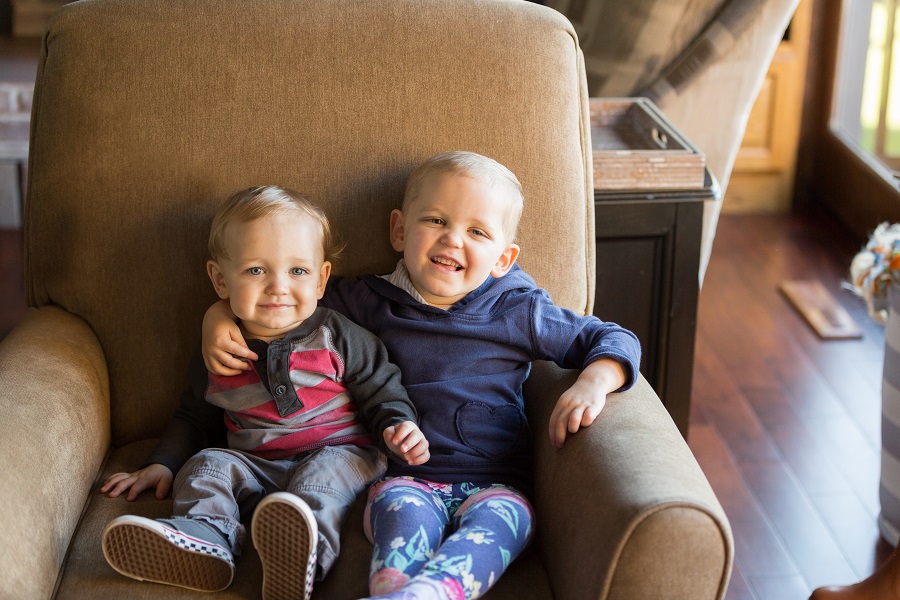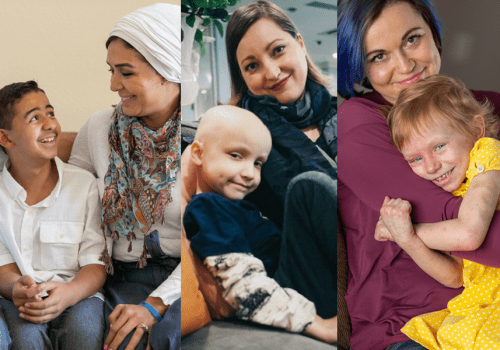Cancer is a complicated disease, so it can be hard to explain it to your child if a friend or classmate has cancer. However, it is important for your child to know enough about what their friend is going through to be understanding, compassionate and inclusive. If your child knows someone with cancer, here are some tips for talking about it with them.
Find out what your child already knows. This is a great way to start any conversation about cancer. First, ask your child to tell you what they already know about cancer. Now that you know what they know or what misconceptions they have, you can start filling in the gaps.
Use correct terms as much as possible. Fear lies in the unknown, so whenever possible, use the correct terminology instead of euphemisms or watered-down language. For example, say ‘cancer’ instead of ‘sickness’ to avoid confusing cancer with something like the flu or a common cold. If they’re too young for some of the terminology, tell your child how the cancer or its treatments might make their friend feel – it might make them really tired or sick to their stomach.
Assure them that cancer isn’t contagious. They may be afraid of catching cancer from their friend or classmate, so make sure they know this won’t happen. Say something like, “Doctors don’t know yet why kids get cancer, but it’s not like a cold – you can’t catch it from someone else. You don’t have to be afraid to be around your friend with cancer.”
Prepare them for differences in appearance. Let your child know that their friend may look a little different when they see them – the medicine they’re taking might make them lose their hair, or make them gain or lose weight. Explain that while they may look different, they’re still the same friend or classmate.
Help them find good ways to stay in touch with their friend. Children with cancer often struggle with feelings of isolation, especially if they are missing school. Talk with your child about maybe sending a video message or setting up a FaceTime call, or sending a letter or drawing to their friend to let them know they aren’t alone.
Source: National Cancer Institute
Want tips on how to support families facing childhood cancer?
For ideas and advice on how to support children fighting cancer and their families, download our guide Beyond “I’m Sorry”: Supporting a Family Facing Cancer.




